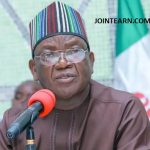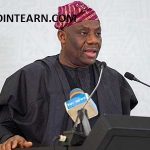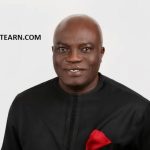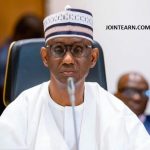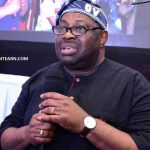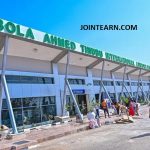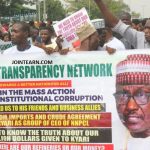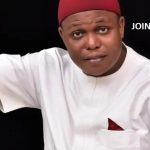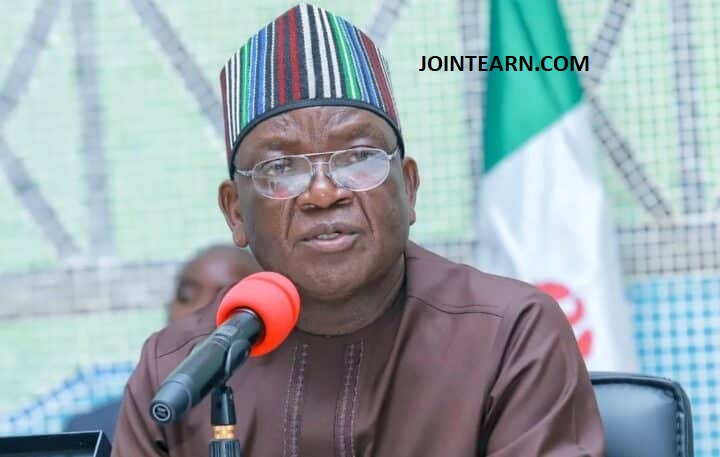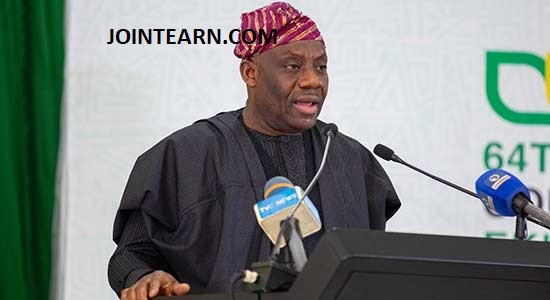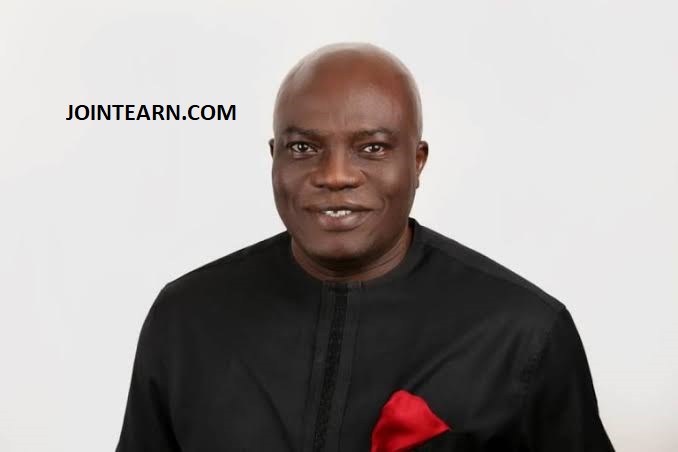As the 2027 general elections loom on the horizon, Nigeria’s political landscape is already simmering with realignments, speculative alliances, and strategic positioning. At the center of the latest political discourse is the growing momentum toward the formation of a broad coalition to challenge the ruling All Progressives Congress (APC) and possibly wrest power from President Bola Ahmed Tinubu, should he seek re-election.
But the critical question remains: Is this coalition a legitimate beacon of hope for Nigeria’s fractured opposition, or is it merely the wishful thinking of political actors grasping at straws in the haze of power loss?
The 2023 Hangover and Rising Discontent
The 2023 elections left the political opposition in disarray. The People’s Democratic Party (PDP), once Nigeria’s dominant political force, was severely weakened by internal wrangling and a lack of cohesion. The Labour Party, which enjoyed an unprecedented surge under the candidacy of Peter Obi, fell short of clinching the presidency but emerged as a formidable third force, especially among urban youths.
Meanwhile, the APC retained control of the center, albeit amid controversy, legal battles, and increasing scrutiny over its post-election performance.
However, with persistent economic hardship, insecurity, inflation, and a currency crisis plaguing everyday Nigerians, the public sentiment appears to be gradually shifting. A growing section of the population, including civil society groups, youth coalitions, and political stakeholders, are beginning to question whether a united political front could serve as the necessary alternative to unseat the ruling party in 2027.
Enter the Coalition Talks
In recent weeks, several high-profile opposition figures and former officeholders have publicly floated the idea of a “grand coalition” to present a united front. Former Minister of Sports Solomon Dalung, who served under President Muhammadu Buhari, has been one of the most vocal, declaring that no miracle can save Tinubu in 2027 if the opposition gets its act together.
Dalung’s comment echoes a broader sentiment being discussed in closed-door meetings involving key political figures from the PDP, Labour Party, Social Democratic Party (SDP), New Nigeria Peoples Party (NNPP), and other smaller factions. The agenda: form a coalition strong enough to overcome historical disunity and mount a credible electoral challenge.
Is Unity Achievable?
Despite the enthusiasm, skepticism remains high. The Nigerian political scene is rife with egos, regional interests, and ideological inconsistencies. Past attempts at coalition-building—such as the ill-fated “Third Force” in 2019—have failed to materialize into any substantial threat due to lack of trust, selfish ambition, and last-minute betrayals.
Political analyst Dr. Bamidele Aribisala warned, “The idea of a coalition is appealing in theory, but execution is the real challenge. We’ve seen it time and time again: once the question of who leads the ticket arises, everything falls apart.”
Indeed, many political players still harbor presidential ambitions, and aligning these ambitions under one umbrella without causing fragmentation remains a monumental task. Already, there are whispers of power-sharing formulas, rotational presidency, and zoning considerations—all of which could either strengthen the bond or tear it apart before 2026.
A Hungry Electorate, a Changing Landscape
One of the major differences in 2027 could be the role of the electorate. The 2023 elections witnessed a surge in political participation, especially from first-time voters and young people. Though their efforts didn’t translate into victory for their preferred candidate, it marked a shift in the electorate’s engagement level.
Many believe that with sustained mobilization, increased awareness, and unified messaging, a coalition—if properly structured—could galvanize enough support across geopolitical zones to mount a real challenge.
“There is fatigue among Nigerians. People are tired of suffering and want solutions, not slogans,” said political strategist Chuka Nwokedi. “If the coalition comes with a clear vision and credible candidates, it could change the narrative.”
Not Everyone Is Convinced
Still, some critics see the current coalition talks as political noise designed to maintain relevance. A serving APC senator, who spoke anonymously, described the movement as “the ramblings of drunken men who cannot accept defeat.”
“These people lost in 2023, and instead of reflecting, they’re still living in denial. They think just joining forces will bring them to power. Nigerians are not fooled by recycled faces,” he said.
Indeed, there are concerns that the same old politicians behind the coalition drive may simply be rearranging themselves under new banners, offering no real change to the electorate.
Conclusion: Tunnel or Mirage?
As Nigeria prepares for what promises to be another pivotal election cycle in 2027, the coalition debate underscores the deep desire for an alternative—both in leadership and governance. While the potential of a united opposition is compelling, history teaches caution.
Whether this coalition becomes a strategic masterstroke or collapses under the weight of ambition and mistrust will depend on the sincerity of its architects, the inclusiveness of its structure, and the clarity of its message to Nigerians.
Until then, the question remains: is this coalition the light at the end of the tunnel or just another mirage in the desert of Nigerian politics? Only time—and the political maturity of its players—will tell
